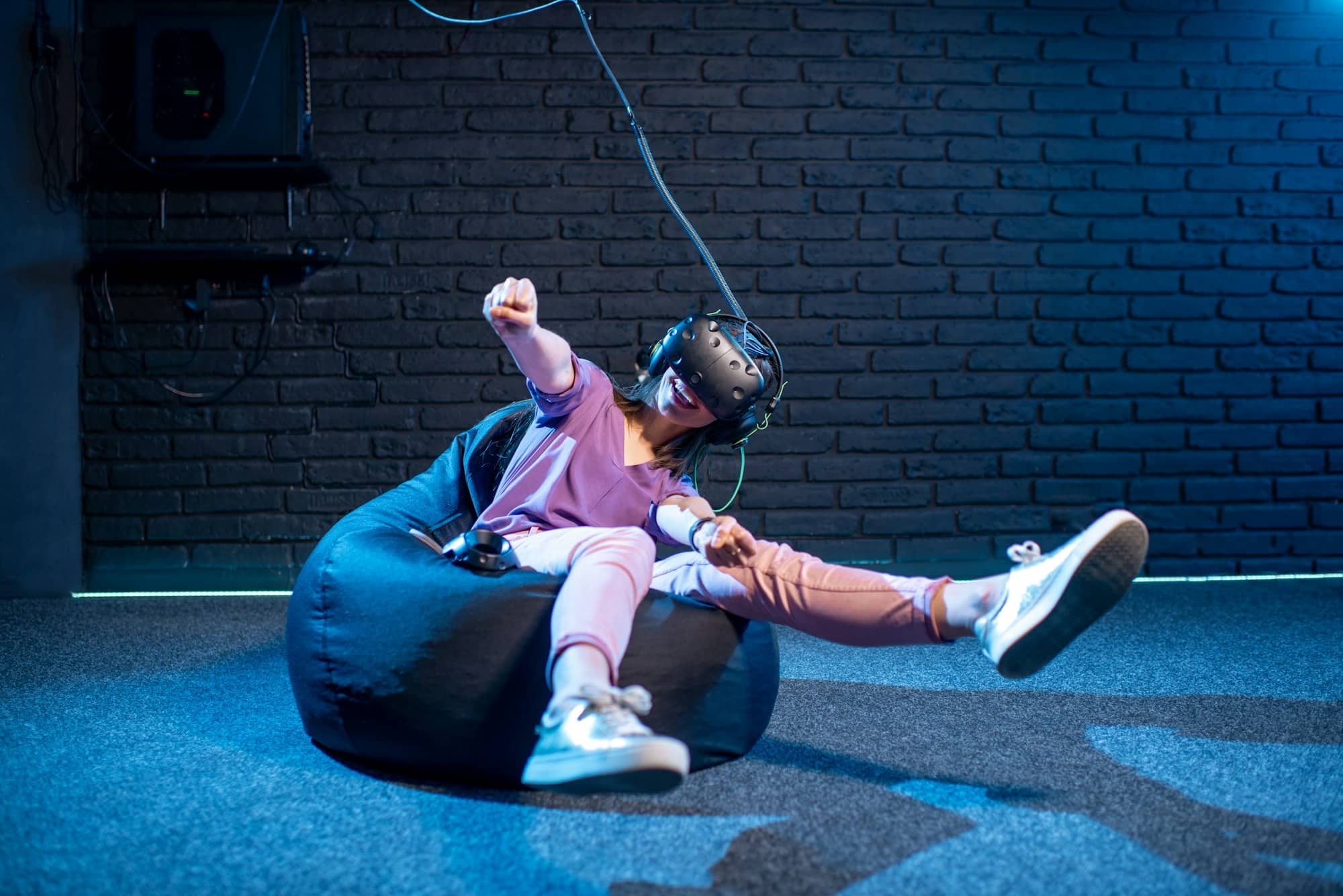How Can Virtual Reality (VR) Improve the Real Estate Buying Experience?

Virtual Reality (VR) is a technology that has taken the world by storm. With its ability to create immersive digital experiences, industries across the globe are finding unique ways to incorporate this innovative tech into their operations. One such sector that is significantly benefiting from VR is the real estate industry.
In this article, we’ll explore how Virtual Reality is revolutionizing the real estate buying experience for buyers, property agents, and developers alike.
Sujet a lire : How to Implement Green Financing for Eco-Friendly Real Estate Projects?
Virtual Tours: The New Way to Experience Properties
The real estate industry has always been a visually driven market. Buyers need to see properties in detail before making a decision. In the past, this required time-consuming physical visits to each property of interest.
Enter virtual tours. This technology allows potential buyers to explore properties from the comfort of their own homes. Through 360-degree panoramic images and videos, clients can walk through every room, inspect each corner, and even visualize the view from the windows.
En parallèle : What Are the Best Practices for Reducing Light Pollution in New Real Estate Developments?
The immersive nature of virtual tours not only saves buyers time but also empowers them to make informed decisions. For property agents, virtual tours provide an efficient way to showcase multiple properties and engage with clients on a deeper level.
Virtual Staging: Visualizing the Potential of a Property
Imagine walking into a vacant house and seeing it furnished with stylish furniture, tasteful decorations, and inviting ambiance. This is what virtual staging can accomplish. Virtual staging uses VR technology to digitally furnish and decorate properties, allowing potential buyers to visualize the property as a lived-in home.
This is particularly beneficial when marketing vacant properties. Virtual staging offers a cost-effective alternative to physical staging, which can be expensive and time-consuming. Moreover, it enables buyers to visualize the potential of a property, which can be a critical factor in their buying decision.
VR in Property Development: Enhancing Design and Planning
Virtual reality is also transforming the property development industry. Instead of relying on 2D blueprints, developers can now utilize VR to create 3D models of their projects. This immersive technology enables developers to explore the design, detect potential issues, and make necessary changes before construction begins.
Furthermore, developers can use VR to present their projects to potential investors or buyers. It’s a powerful marketing tool that allows clients to experience the property before it’s even built. This can significantly boost the sales process, as clients have a better understanding of the final product.
VR Training for Real Estate Agents
Even real estate agents can benefit from VR technology. Training programs using VR can help agents improve their skills, especially when it comes to property presentations.
In a VR environment, agents can rehearse their sales pitch, learn how to navigate through a virtual tour, and familiarize themselves with the property. Not only does this improve their confidence, but it also prepares them for any questions or concerns potential clients might have.
The Future of VR in Real Estate
Virtual reality is more than just a trend in the real estate industry; it’s an impactful technology that’s here to stay. By providing immersive experiences, time-saving solutions, and powerful marketing tools, VR is fundamentally changing the way buyers, agents, and developers approach real estate.
As VR technology continues to evolve, we can expect even more innovative applications in the real estate market. From augmented reality overlays providing extra property details to interactive tours that allow clients to customize property features, the possibilities are endless.
In summary, Virtual Reality is not just improving the real estate buying experience, it is revolutionizing it. It’s an exciting time for the industry and for all those looking to buy or sell properties. Whether you’re a potential buyer, an agent, or a property developer, now is the time to embrace this incredible technology and experience the benefits it has to offer.
Virtual Reality in Real Estate Marketing: Delivering the Extraordinary
In a world where visual content is fundamental, the real estate industry has embraced virtual reality to take marketing to new heights. VR allows estate agents and developers to offer an immersive experience that goes beyond mere photographs and descriptions.
Marketing properties using VR allows potential buyers to explore every nook and cranny of a property in a virtual environment, even if it’s located miles away. Property tours can be developed to include effects such as different lighting conditions, portraying how the house looks at different times of the day.
Moreover, augmented reality, an offshoot of VR, can provide an extra layer of information during virtual tours. Potential buyers can access contextual information like property details, neighborhood amenities, or even energy efficiency ratings during the tour. This fusion of VR and augmented reality can deliver a truly immersive and informative experience to clients.
Estate agents can also use VR for continuing education and training purposes. Virtual environments provide a safe space to practice sales pitches, negotiate with virtual clients, and experiment with different selling techniques. In essence, VR can be instrumental in shaping the future of the real estate business.
Conclusion: Virtual reality – The New Reality in Real Estate
In an era where time is of the essence and convenience is king, virtual reality stands as a game-changer in the real estate industry. From enabling virtual tours and staging to enhancing property development and agent training, VR offers a multitude of benefits for all involved in the buying-selling process.
But, it’s not just about convenience and efficiency. VR is reshaping the real estate industry by enriching the buyer’s journey with immersive experiences and interactive elements, thereby redefining the whole concept of property tours and open houses.
As we look to the future, it is clear that the application of VR and augmented reality in real estate is only going to increase. With technological advancements, we can expect even more immersive and interactive experiences that push the boundaries of what’s possible in property marketing, development, and sales.
In conclusion, virtual reality is not just a passing trend; it is a transformative technology that is here to stay. It has already begun revolutionizing the real estate buying experience and is set to redefine how the real estate business operates. Embracing this technology will be crucial for estate agents, developers, and buyers alike to stay ahead in the competitive real estate market.
